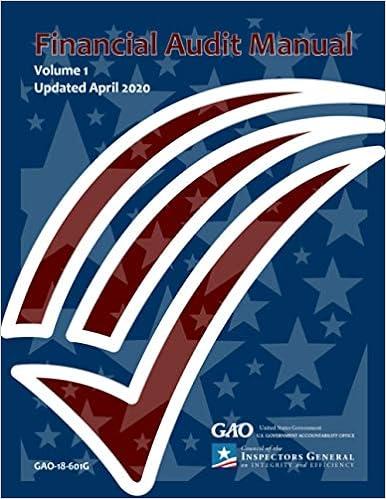Question
Your client (Client) owns an apartment building (the RE) for which his original cost was $5 million, and he has taken $ 2 million in
Your client (Client) owns an apartment building (the RE) for which his original cost was $5 million, and he has taken $ 2 million in depreciation (all straight line). The RE is subject to a mortgage of $2.5 million. An investor has offered to buy the RE, closing the sale two months from now for $7 million cash which is the Fair Market Value, and Client would like to sell to that investor at that price, but Client would like to avoid paying capital gains taxes. Client went to a financial planner who told Client that he should use a Deferred Sales Trust (DST) to which the Client would sell the RE, and then the DST would sell the RE to the investor. The financial planner would form a trust with Client as the beneficiary, and Client would fund the DST with $500,000 in cash (which Client has available). The trust would be managed by an independent third party (a bank) which would also act as Trustee. Client would sell the RE to the trust for $7 million in an installment sale. The terms of the installment sale would be $500,000 paid in the year of the sale. The DST would then pay interest only at 4% (which is the market rate) on the remaining $6.5 million ($260,000 per year) at the end of each year for the next ten years. Then, at the end of the ten years, the DST would pay the remaining principle ($6.5 million) plus any accumulated interest to the Client.
The financial planner says that while Client would need to pay some capital gains taxes the first year on the $500,000 received in cash, the would enable Client to defer paying capital gains tax on the remainder of the purchase price for ten years. He says that DST would have no taxable gain from the sale since its basis would be $7 million and the sales price would be $7 million He also says that since the DST would have Client as its sole beneficiary, the taxable income of the Client from receiving interest from the DST would be equal to DSTs deductions for interest paid, and those deductions would be passed through to the Client, so it would be a wash for the Client. The financial planner says that this is all compliant with the tax code, and that a Private Letter Ruling (200944002) was issued by the IRS which means the IRS agrees with this tax treatment.
Client has come to you asking if the tax treatment of the DST will be as the financial planner describes. He wants you to explain all of the income tax related risks of this. Write a letter to the client explaining all of the income tax related consequences and risks of this transaction.
The principle question in this assignment is the validity of the planner's statement " that while Client would need to pay some capital gains taxes the first year on the $500,000 received in cash, the DST would enable Client to defer paying capital gains tax on the remainder of the purchase price for ten years."
You need to explain whether or not this is true. If the IRS audits the client and the DST, will the IRS have legal grounds for requiring that the Client recognize gains earlier than would be his recognition of gains, accounting for those under the installment method?
Step by Step Solution
There are 3 Steps involved in it
Step: 1

Get Instant Access to Expert-Tailored Solutions
See step-by-step solutions with expert insights and AI powered tools for academic success
Step: 2

Step: 3

Ace Your Homework with AI
Get the answers you need in no time with our AI-driven, step-by-step assistance
Get Started


